Indeed, in this era of information saturation, critical thinking needs to be the most valued tool we use in navigating complexities. This beginner’s guide goes through the basics of thinking critically, which is importance in personal and professional spaces.
Evaluation and synthesis of information constitute the whole essence of critical thinking; this means not just blindly accepting what is fed at face value. Other ingredients in analysis include taking something down to its bare nuts, critically analyzing one’s sources of information on questions of credibility and bias, and drawing inferences using evidence to come up with reasonable conclusions. All such abilities are crucial in sifting through vast amounts of information to be able to produce excellent problem-solving techniques as well as help individuals deal with this exploding information explosion.
The guide emphasizes practical approaches to the development of critical thinking skills through insightful questioning, reflective thinking, and discussion. Readers should be able to critically evaluate arguments, know about cognitive biases, and listen to different perspectives to broaden their understanding. Solving puzzles and receiving feedback would further develop analytical skills.
If people are able to push through the hurdles of cognitive bias and emotional influence, they would be able to reach clearer reasoning. Flexibility and thinking openness help people analyze information critically.
After all, it is an ideal reference guide for a reader wanting to develop his critical thinking ability. Whether student, professional, or life learner, mastery of the process enables one to reason decisions well, solve complicated problems, and even approach challenges with confidence. Engage in becoming an effective thinker and tap your inner potential for growth on so many levels.

A Beginner’s Guide to Critical Thinking
Critical thinking is one of the key skills that make one able to analyze information and make wise decisions and problem-solving choices. This is important in today’s era of information overflow and tremendous technological advancement. As such, this guide explains what critical thinking is all about, why it’s crucial, and how a person can enhance his or her skills.
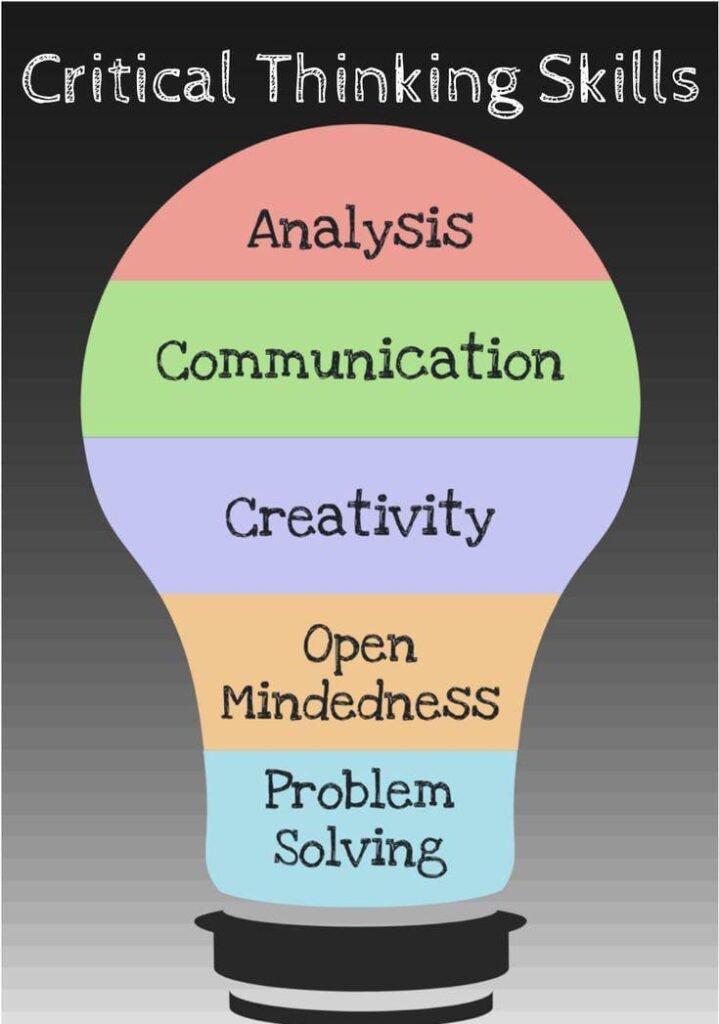
What is Critical Thinking?
The capability of thinking clearly and rationally about what to do or believe is called critical thinking. It includes the use of cognitive processes, which means analysis, evaluation, or inference. The individual’s acceptance of information should be questioned by the critical thinkers; instead, they raise questions on assumptions, become aware of bias, or assess the arguments for truthfulness.
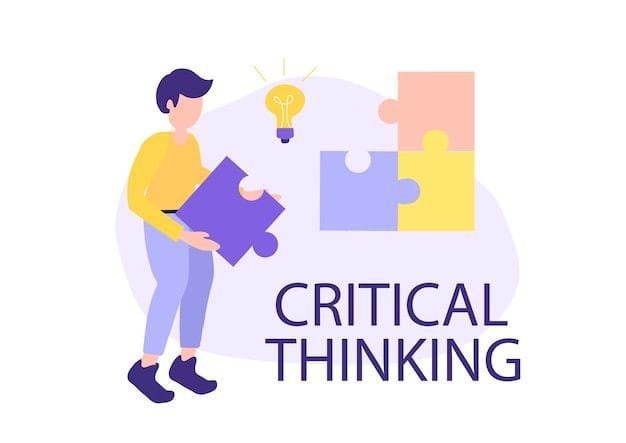
Critical Thinking Main Essentials
Analysis: This breaks down complex information into understandable parts. Analyzing includes asking questions about the data, identifying relationships, and recognizing patterns.
Evaluation: After analysis, it becomes important to evaluate the credibility of the information. That includes the evaluation of the sources, identification of biases, and strength of arguments.
Inference Inference is the process of making logical conclusions from the information given. This is the synthesis of analyzed data and sound judgment.
Explanation The ability to express your reasoning is crucial. This includes being able to clearly say how you have arrived at the conclusion you reached and what evidence that conclusion is supported by.
Reflection: Critical thinking requires that it should always be evaluating the self. The way the thought process is thought by a person, a clear finding of cognitive bias and fallacy in logic affecting one’s conclusion can be observed.
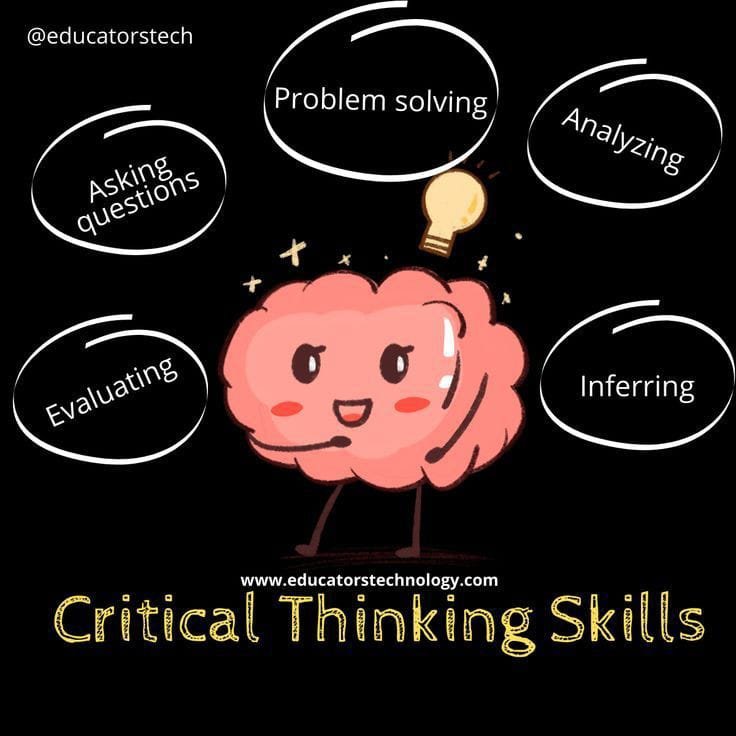
Why Do You Need Critical Thinking?
1. Navigation of Information Overload
We are subjected to a lot of information by virtue of our digital world. It will be challenging for us to navigate unless by the use of critical thinking which helps identify reliable sources in making informed decisions.
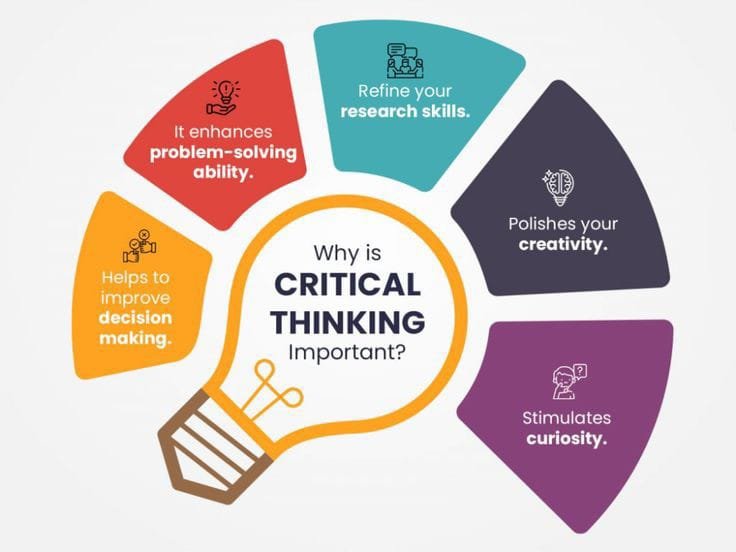
2. Problem Solving
Critical thinkers start step by step when facing a problem. They define the source of problems, and possible solutions will be developed by weighing on the pros and cons of the solution for finalizing it. This is where critical thinking helps with much more efficient problem-solving.
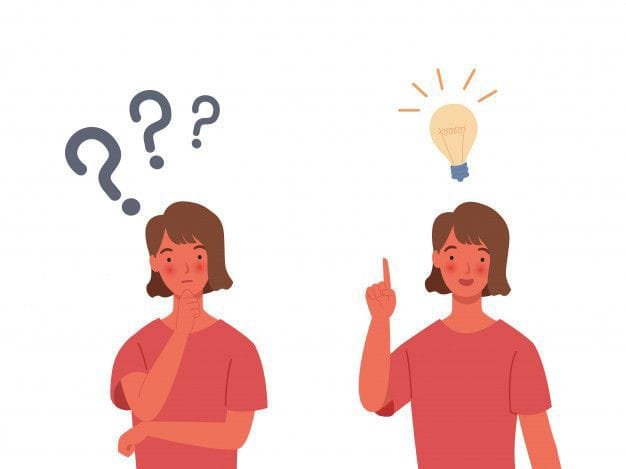
3. Developing an Open-Mindedness Culture
Critical thinking promotes open-mindedness. It provides understanding of various points of views and learning from the best of different opinions besides creating effective discussions on any subject of discussion. An openness culture is very essential for an individual’s growth and cooperative approach to problem-solving.
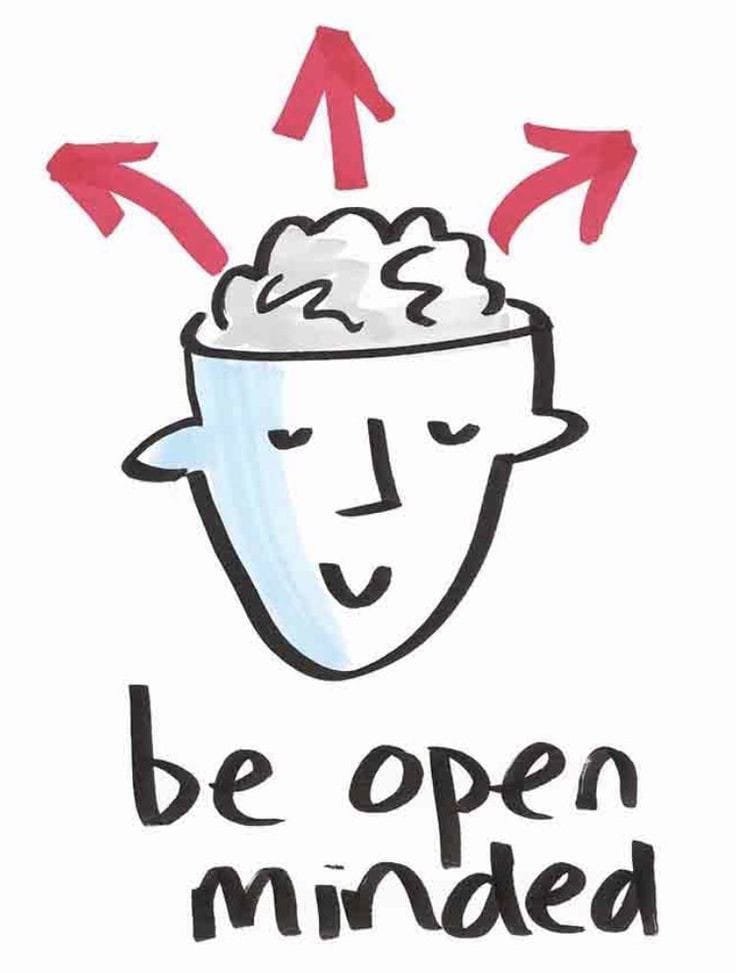
4. Encouraging Life-Long Learning
A critical thinker is a curious person. It makes him ask questions continually, modify with new knowledge, and use what is learnt in many different contexts.
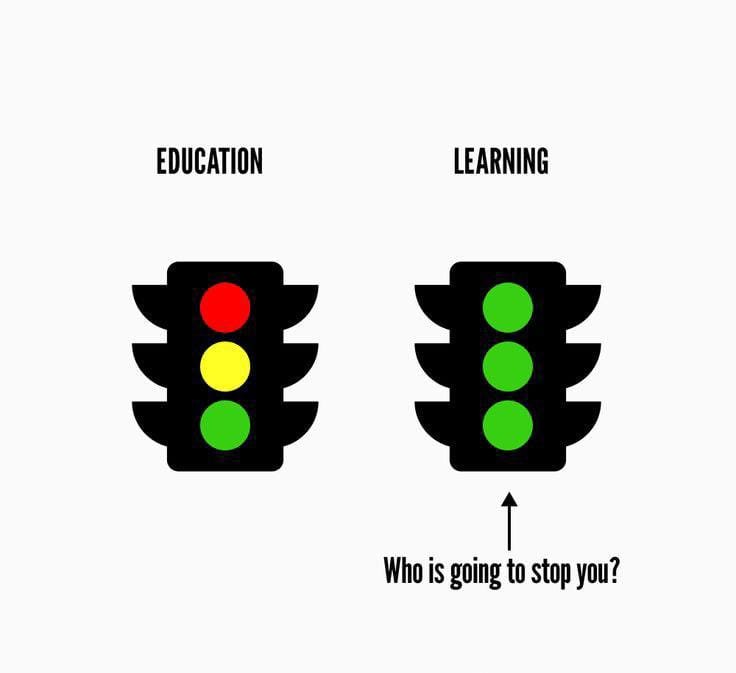
Improving Critical Thinking
1. Question
Questioning is the foundation of critical thinking. Develop a questioning attitude. Ask yourself some of these questions:
What is the source of this information?
What assumptions am I making?
Are there alternative points of view?
What is the evidence to support the claim?
By asking these sorts of questions regularly, you better understand complicated topics.
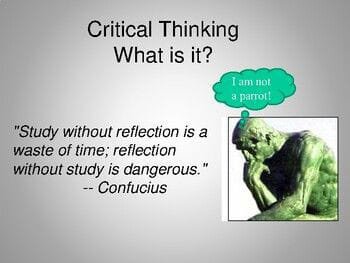
Analyze Arguments
When a person makes an argument with you, break it apart into its parts. Clearly identify the main claim along with supporting evidence and identify any assumptions made. It is essential to look at logical fallacies, such as straw man arguments or slippery slope reasoning, that undercuts the argument’s merit.
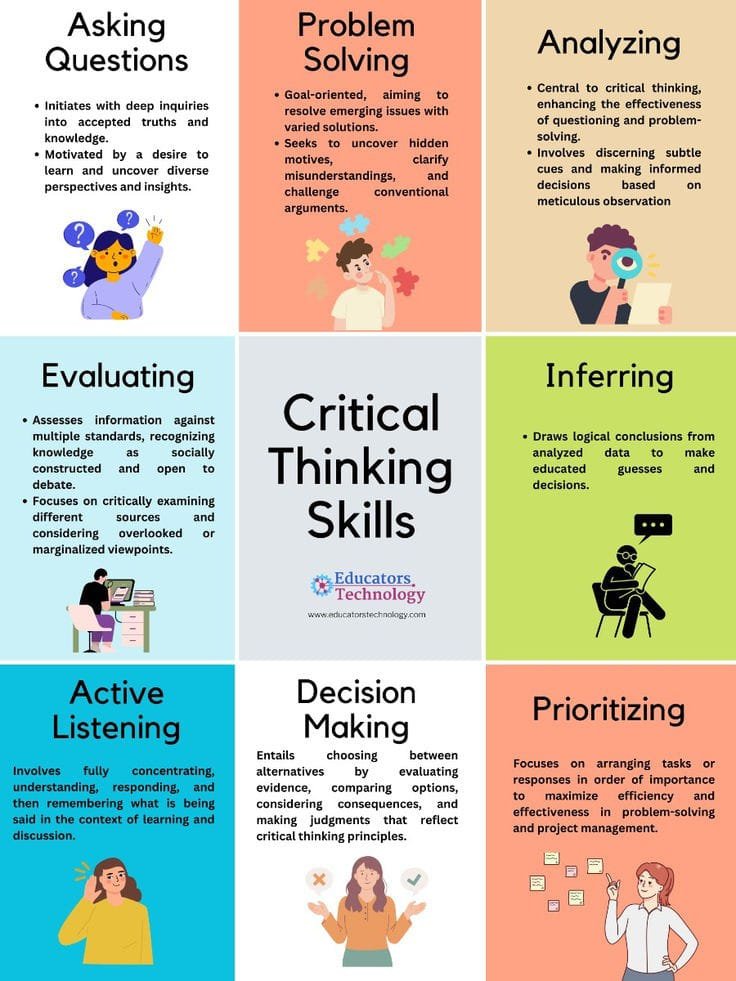
Practice Reflective Thinking
Set aside time to reflect on your thought processes. Look at decisions you have made lately and think about the rationale behind them. Were biases involved in reaching those conclusions? How might you handle similar situations differently next time?
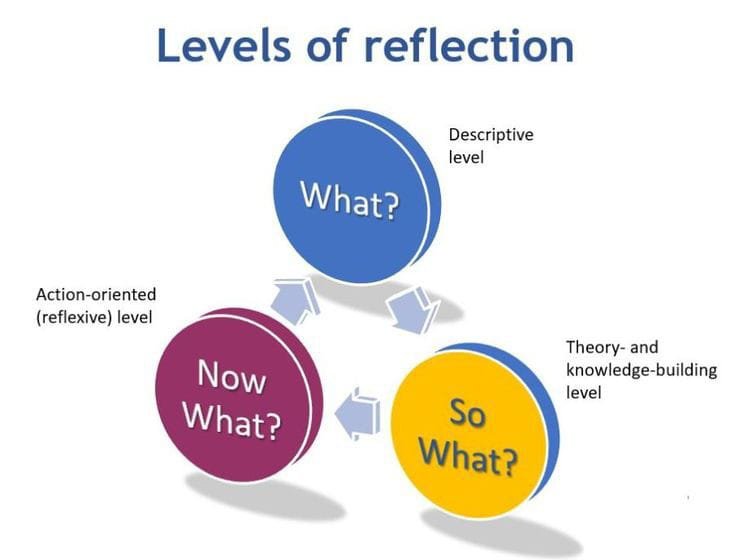
4. Discussions
Discuss and argue with your peers. It is through the interaction of the world that you express your thought clearly, develop an awareness of opposing arguments, and, by means of this, improve on your thought.
Surround yourself with various views to provide room for a broader look at things.
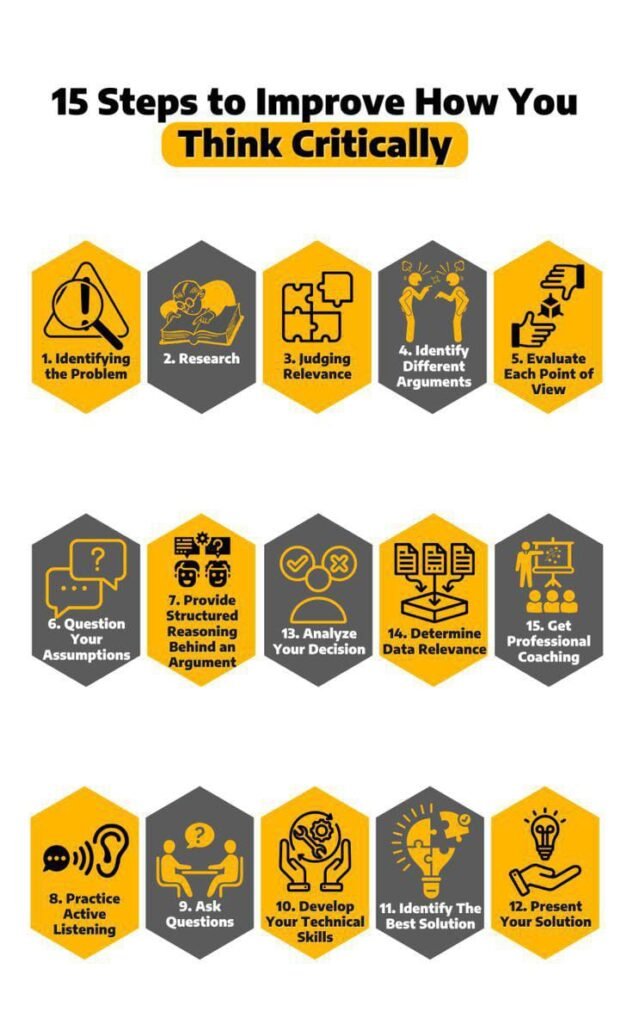
5. Read Critically
While reading articles, books, or online content, approach the material with a critical mindset. Analyze the arguments presented by the author, assess the evidence presented, and consider potential biases in the writing. This practice will help you develop the habit of critical analysis.

6. Solve Puzzles and Problems
Think games, for example, puzzle or logic games or brain teasers. Engage with activities that stimulate your cognition and encourage creative and critical analytical thinking.
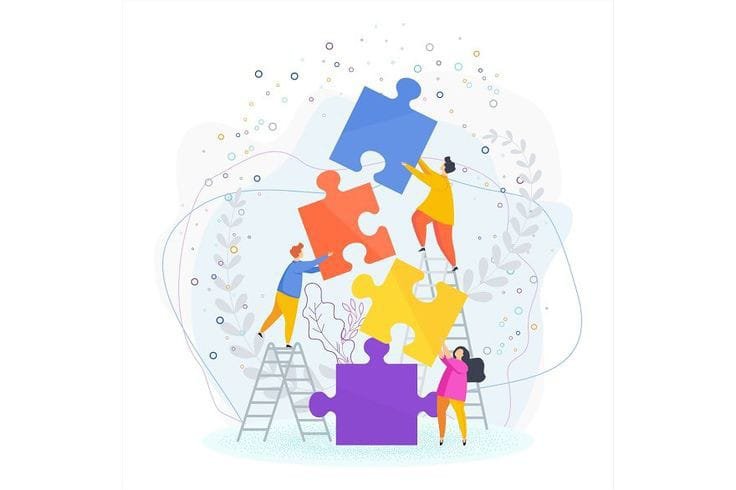
7. External Feedback
Express your reasoning and ideas and ask them to give you constructive critiques. An external view of your thoughts might give invaluable clues and indicate places for further improvement in

Despite its timeliness, there are numerous impediments to sound critical thinking:
1. Cognitive Biases
Cognitive biases are said to comprise confirmation bias, anchoring bias among others; the said biases enable individuals to focus on information that strengthens the dominant beliefs or first impression. The simple act of being aware of them marks the beginning of victory over the effects of biases.
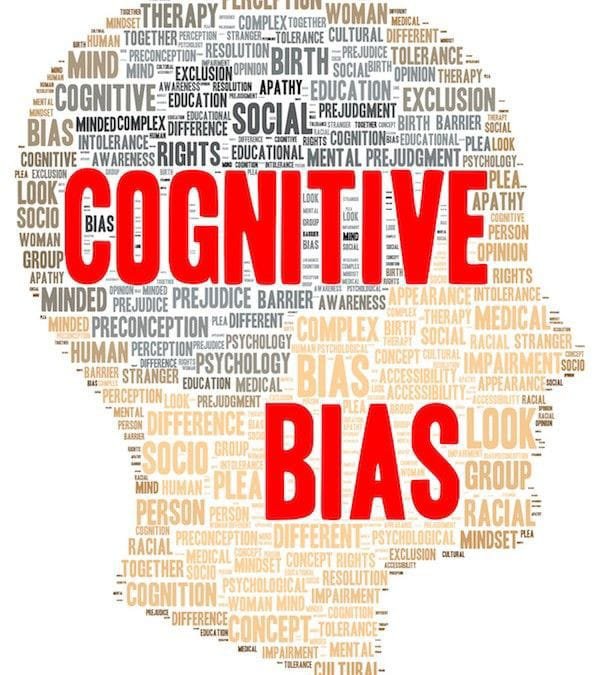
2. Emotional Influence
Emotions play a great deal in the decision-making process. It can help learn when to identify if thoughts are driven by emotions or not.
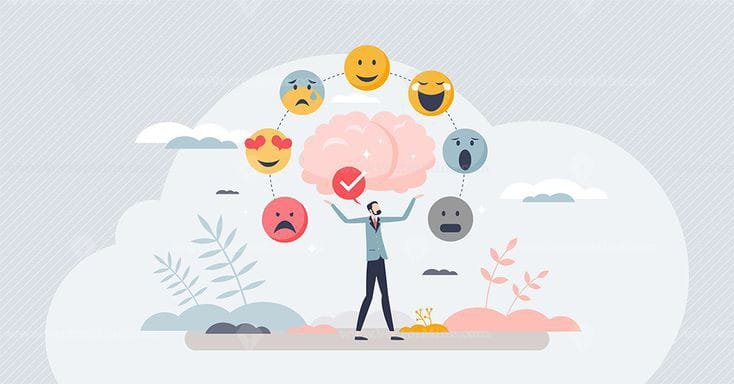
3. Black-and-White Thinking
Black-and-white thinking creates a rigid inability to be able to consider other viewpoints. Keeping an open mind and encouraging new ideas will make the critical thinking better.

4. Ignorance
Inability to background knowledge in a subject can limit your ability to think critically. Expand your knowledge base constantly by reading, discussions, and exposed new topics.
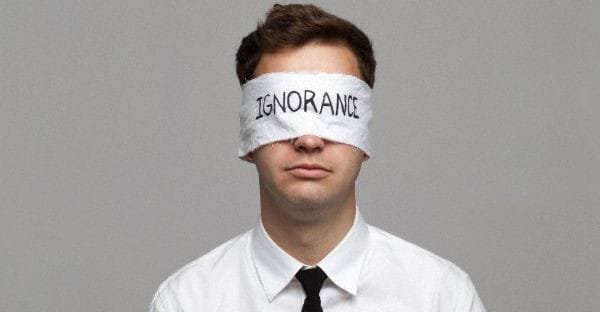
Conclusion
The critical thinking skill is very vital for good decision-making skills, problem-solving, and even efficient communication. Applying the ability will allow the peoples to stay confident and clear in dealing with the increasingly complex world. Begin by asking questions, reviewing arguments, and reflective thinking. Remember that critical thinking is a process, not a destination. Take the journey and learn, and you will be more than ready to face all challenges and make the best possible choices in all spheres of life.


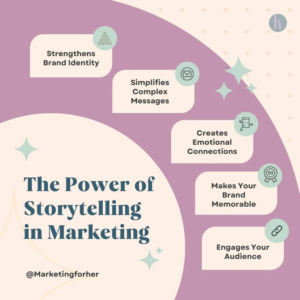







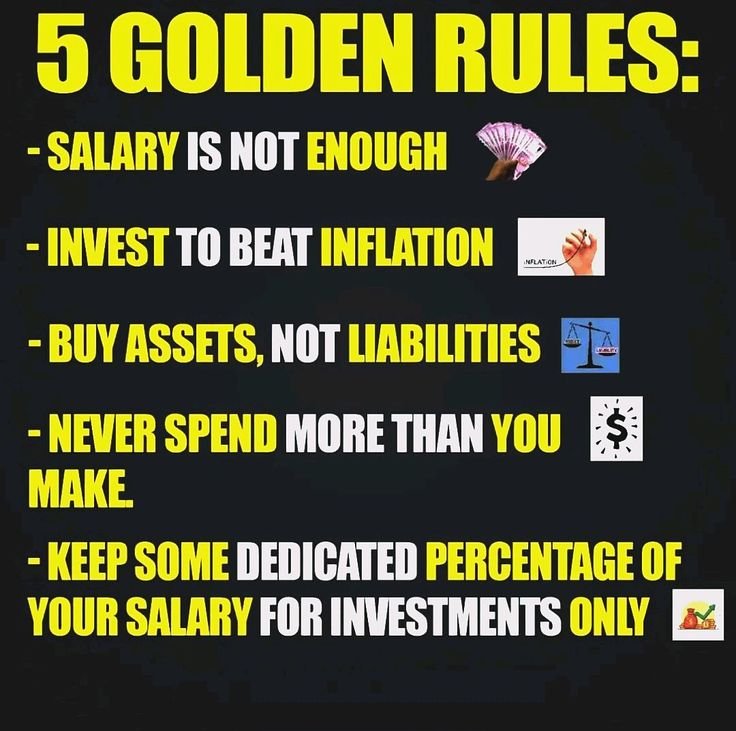





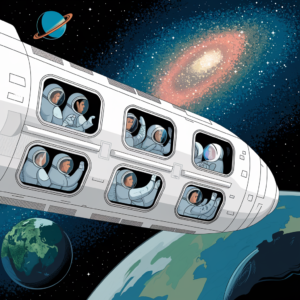
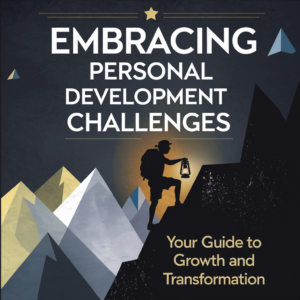





For the reason that the admin of this site is working, no uncertainty very quickly it will be renowned, due to its quality contents.
Big congrats to the team!